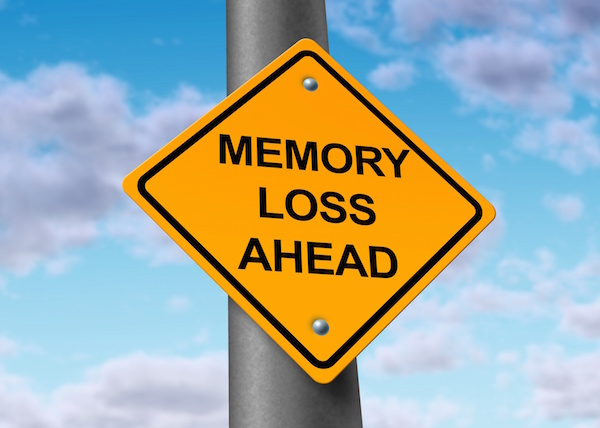THURSDAY, Feb. 16, 2017 (HealthDay News) — Women who use hormone therapy after menopause may not have a lower risk of developing Alzheimer’s, a new study suggests.
However, there was some evidence that long-term use — over a decade — might be tied to a lower risk of the memory-robbing brain disease. But the results were far from definitive, the researchers added.
The study is the latest to delve into the question of whether menopausal hormone therapy can benefit women’s brains.
Research so far has yielded conflicting findings. On one hand, a number of trials have found no brain benefits for women using hormone therapy, said Dr. JoAnn Pinkerton, executive director of the North American Menopause Society.
On the other hand, small trials have found that when hormone therapy is given after surgical menopause, women can see “cognitive benefits,” said Pinkerton, who was not involved in the new study.
On top of that, some studies of women in the “real world” have found lower Alzheimer’s rates among those who started hormone replacement therapy early — soon after menopause began.
Altogether, the research hints that there’s a “critical window” where hormones might benefit women’s thinking and memory, according to Julie Dumas, an associate professor of psychiatry at the University of Vermont.
It’s not clear how the new study fits in, said Dumas, who was not involved in the research.
That’s partly because the number of Alzheimer’s cases studied was actually fairly small, she pointed out. It may take more time for the connection between hormone use and Alzheimer’s risk to become clearer in this study group, Dumas explained.
“I’d like to see what the data look like in five or 10 years,” she said.
For now, the message for women remains unchanged, both Dumas and Pinkerton said: Hormone therapy may be an option for relatively younger women with severe menopause symptoms, like bothersome hot flashes and vaginal dryness.
But it’s not intended to prevent any diseases.
“No one is prescribing estrogen for women’s brains,” Dumas said.
The new findings are based on over 8,000 Finnish women who were between the ages of 47 and 56 when the study began in 1989. At that point, and then every few years, they reported on their hormone use.
Then in 1995, that information became available in a national prescription registry. So, the researchers used it to verify the women’s reports.
Over 20 years of follow-up, 227 women were diagnosed with Alzheimer’s.
In general, the study found, there was no correlation between women’s hormone use and their risk of Alzheimer’s disease.
There was an exception, though: Women who said they’d used hormones for more than 10 years were half as likely to develop Alzheimer’s as nonusers were.
That could be viewed as support for the “critical window” theory, according to the researchers, led by Dr. Bushra Imtiaz, of the University of Eastern Finland, in Kuopio.
That is, women who started hormones earlier may have benefited.
There was a problem, though. When the researchers looked at the data from the prescription registry — not women’s reports — there was no evidence that long-term hormone use was tied to a lower Alzheimer’s risk.
So what’s going on?
Imtiaz and her colleagues pointed to a possible explanation: The registry goes back only to 1995. So women who stopped using hormones before then would be mistakenly classified as nonusers — which could muddy any connection between hormone therapy and Alzheimer’s risk.
That’s possible, Dumas agreed.
But, she added, the findings could also reflect a case of “reverse causation.” Women who were developing memory problems may not have reported their past hormone use accurately. Or they may have been less likely to stay on hormones for a long time.
If women are confused by all the different findings, they are not alone, according to Dumas. She said researchers are still trying to sort out whether there are some women who might benefit from hormone therapy early in menopause.
Still, practically speaking, there is a clear “bottom line” for women who are considering hormone therapy, according to Pinkerton.
“In the absence of more definitive findings,” Pinkerton said, “hormone therapy cannot be recommended at any age to prevent or treat a decline in cognitive function, or dementia.”
The findings were published online Feb. 15 in the journal Neurology.
More information
The North American Menopause Society has more on hormone therapy for menopause.
Copyright © 2026 HealthDay. All rights reserved.

